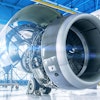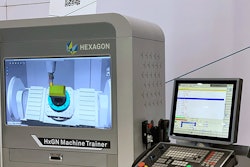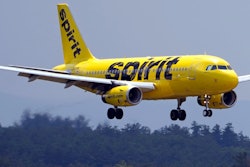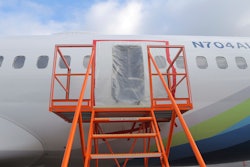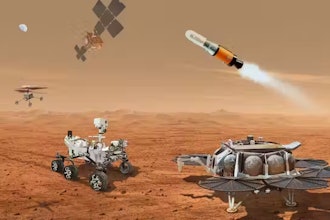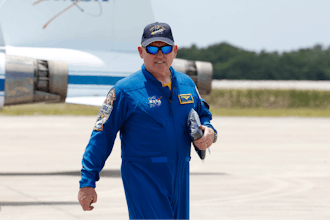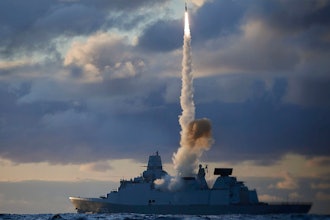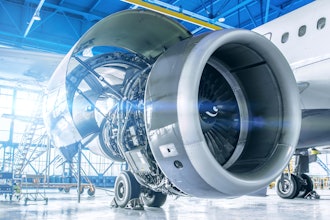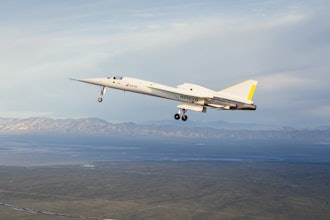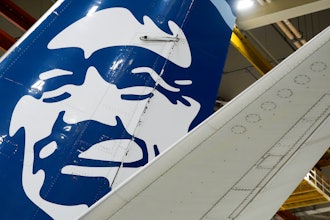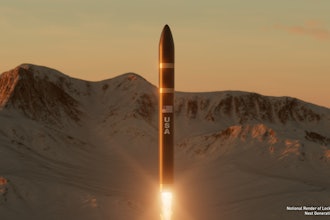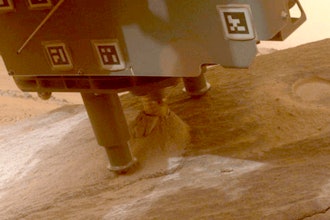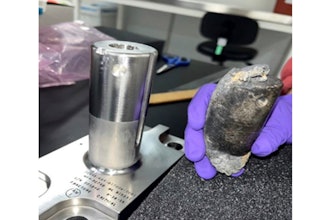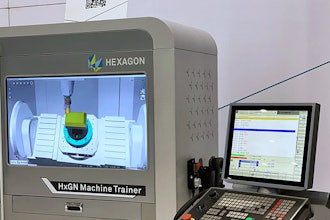HOUSTON (AP) -- Continental Airlines Inc. said Monday it will test the use of a biofuel blend to power one of its jetliners on a flight that won't carry any passengers.
Airlines are studying the use of alternative fuels to help deal with volatile jet fuel prices that spiked to record highs this summer, and to reduce emissions of greenhouse gases.
Continental said the plane on the Jan. 7 flight in Houston will use a special blend of half conventional fuel and half biofuel with ingredients derived from algae and jatropha plants.
The airline said it would be the first flight by a commercial carrier using algae as a fuel source and the first with a two-engine aircraft, a Boeing 737-800.
Houston-based Continental said its partners on the project include jet maker Boeing Co., which helped form a group in Seattle to look for sustainable fuels that don't use farm land to produce the ingredients.
Other partners include CFM International, an engine maker and joint venture between General Electric Co. and Snecma; a Honeywell technology development unit; and oil providers Sapphire Energy and Terrasol.
Next month's test flight will be operated by Continental test pilots who plan to run one engine on the biofuel blend and take it through power accelerations and slowdowns, in-flight engine shutdown and restart and other maneuvers. The airline said it expected a post-flight analysis would show that the lower-emission biofuel plan can substitute for regular fuel without loss of performance or safety.
An average Continental flight burns 18 gallons of fuel to fly one passenger 1,000 miles.
Alternative fuels for aircraft have been studied for years, but the push got new urgency this year when jet-fuel prices hit record highs in July. Fuel is one of the largest expenses for an airline.
Some fuels such as hydrogen lack the acceleration of traditional kerosene-based jet fuel and would require planes be outfitted with massive fuel tanks.
Airlines in South Africa use a coal-based fuel blend developed by petrochemicals group Sasol that doesn't require altering aircraft engines or other parts. Air New Zealand is testing jatropha fuel in a 747 jetliner.
Several U.S. companies are developing synthetic fuels, including American Clean Coal Fuels of Portland, Ore., Baard Energy in Vancouver, Wash., and Rentech Inc. of Los Angeles.



